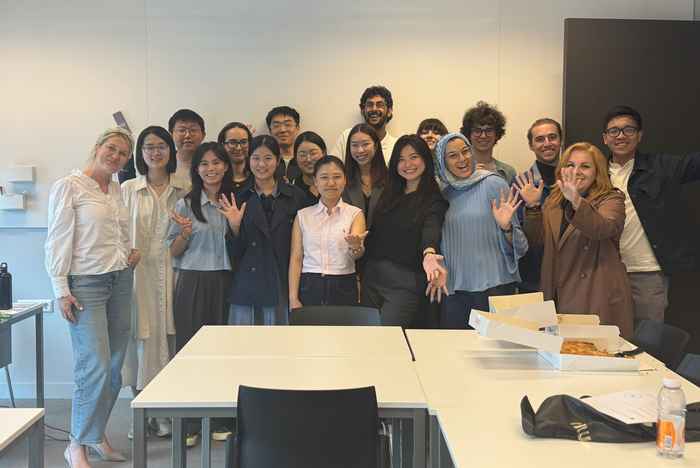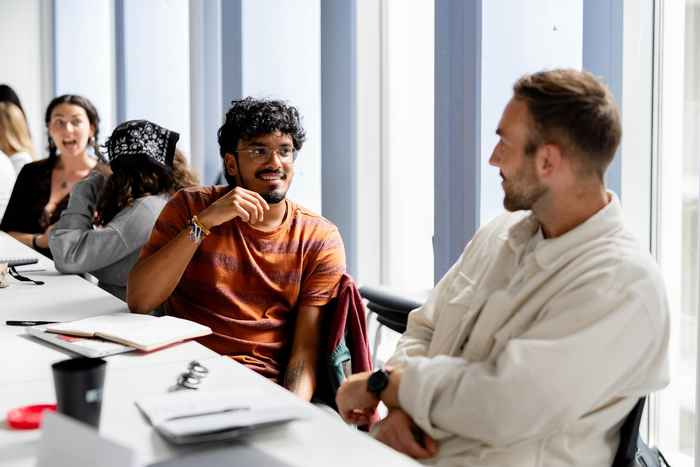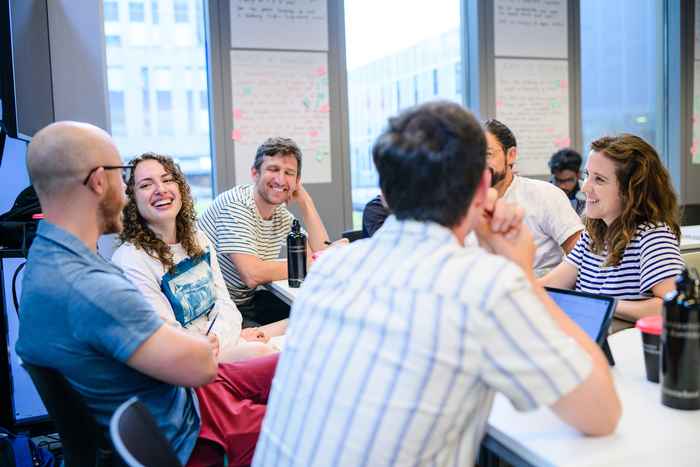Space Law: Exploring Legal Frontiers
In this three week course, we will critically evaluate the efficacy and applicability of current space laws in the face of evolving space technologies and missions. By integrating principles from politics and international relations, we will enrich the understanding of space law in the broader context of global diplomacy and geopolitical strategies. By the end of this programme, students will be equipped with hands-on legal skills, including advocacy, negotiation, and opinion writing, ensuring they are prepared not only to understand but also to actively engage in the field of space law.



-
Programme at a glance
Mode of instruction: On-campus (3 weeks) Academic dates: Sunday 20 July - Thursday 7 August 2025 Housing dates: Friday 18 July - Friday 8 August 2025 Academic Fees: Student Fee:
€1750. Read more about what's included in the fees.
Professional fee:
€2000. Read more about what's included in the fees.
Housing fees: €825 for a private room and shared facilities.
€900 for a private room and private facilities.
Housing is optional and private rooms are first come, first served. Read more about university-organised accomodation.
Credits: 6 European Credits. Read more about credits and credit transfer. Early admission deadline: Saturday 1 February 2025
Students who require a Schengen Visa to study in the Netherlands are strongly advised to apply before the early deadline to ensure there is enough time to secure a visa appointment before the programme begins.
Final admission deadline: Sunday 6 April 2025 Who is this programme for? Level: Bachelor's and Master's students.
Background: Students should have a strong interest in (Space) Law, Politics and International Relations. Master’s students and working professionals are also welcome to apply.
-
Programme description
In this summer programme we delve deep into existing treaties and regulations that govern outer space activities. The central theme revolves around the preparedness of current legal frameworks to address imminent challenges posed by rapid advancements in space exploration and commercialisation. This includes, but is not limited to, topics such as the utilisation of celestial resources, space traffic management, and the environmental and ethical concerns related to space activities.
While the primary discipline is law, the program integrates critical insights from politics and international relations. This interdisciplinary approach ensures a comprehensive understanding of the complexities and nuances of space-related legal challenges in the international arena.
Drawing inspiration from the Socratic method, sessions in this programme will be structured around open-ended questions, fostering critical thinking and allowing students to explore the nuances of space law deeply. Students will be encouraged to take an active role in their learning. This involves raising questions, challenging prevailing notions, and contributing their perspectives to enrich discussions.We will organise regular debates in class to discuss contentious topics in space law and simulated court proceedings or ‘moots’ will be an essential part of the curriculum. This method will hone students' advocacy and legal research skills, allowing them to understand multiple facets of issues and articulate their stances effectively.
-
Academic Director
Dr. Julia Muraszkiewicz is an international, criminal and human rights law expert. She started UvA’s first space law module and has appeared at numerous conferences focusing on space law and the role of women in space. Dr Muraszkiewicz also works for an ethical AI development company, where she heads the programme for human trafficking and human rights.
-
Explore our community
Want to get to know more about studying in Amsterdam? Follow us on social media and join our summer community. Get a feel for our summer school vibe and our academic and social community, and learn about studying with us through the eyes of past summer school students.
- Degree programme
- MA
- Mode
- Short-term
- Credits
- 6 ECTS, 3 weeks
- Language of instruction
- English
- Conditions for admission
- Open
- Starts in
- July
- Location
- Roeterseiland campus